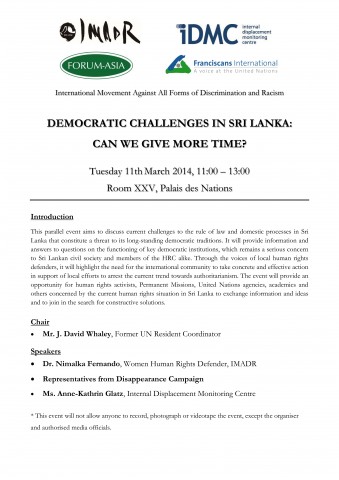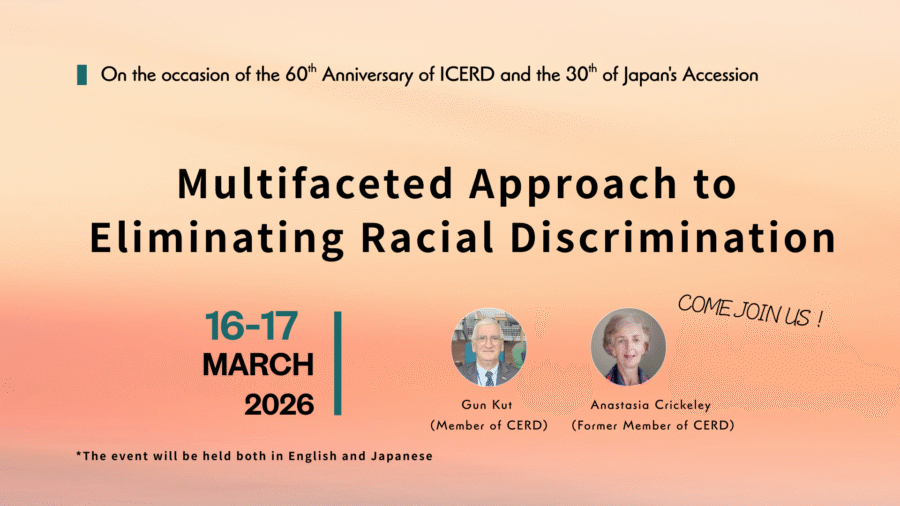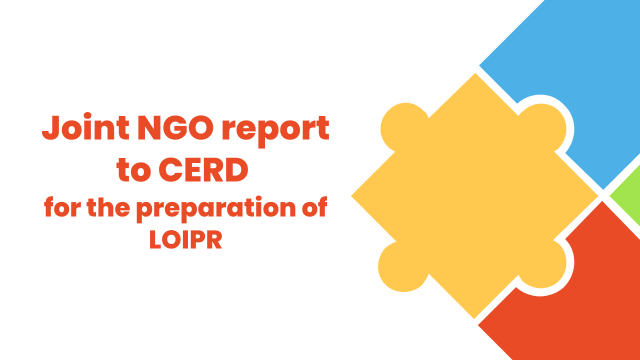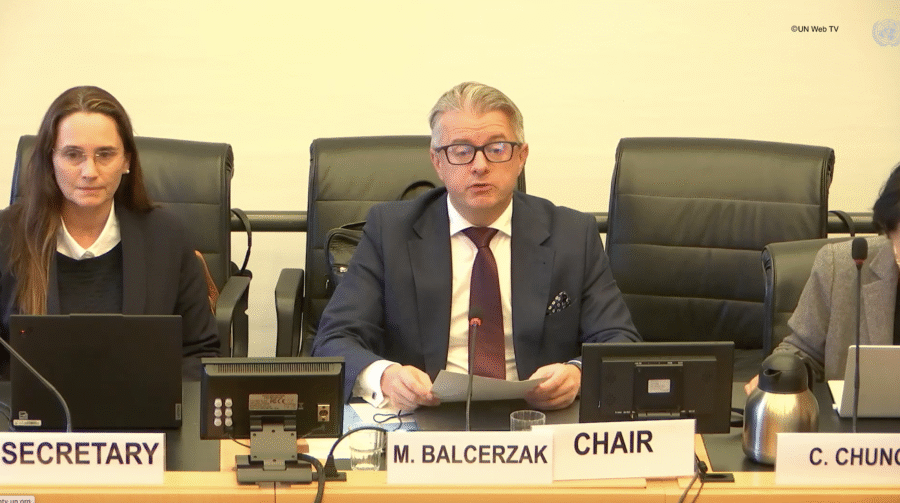Resolution adopted in Geneva requires immediate implementation
April 11, 2014
PRESS RELEASE
IMADR, an International human rights organisation, welcomes the adoption of the United Nations Human Rights Council resolution on Sri Lanka, which calls for the UN High Commissioner for Human Rights (OHCHR) to undertake investigations into allegations of human rights violations in Sri Lanka.
The third resolution was introduced in the backdrop of the failure by the government of Sri Lanka to fulfil the commitments given to the Council and the international community to effectively implement the recommendations of the Lessons Learnt and reconciliation Commission, and to establish a credible national investigation process to inquire into the alleged war crimes and violations of the international human rights and humanitarian laws as stated in the resolution.
The Sri Lanka resolution was adopted at the UN Human Rights Council on 27th March 2014 by 23 votes in favour to 12 votes against, and 12 abstentions. We are deeply concerned regarding the position taken by Japan and India,two major countries in the region, to abstain during the vote. We are aware that the two countries wish to remain in constructive dialogue with the government of Sri Lanka to yield tangible results in the areas of reconciliation and accountability. Nonetheless other than the holding of the Northern provincial Council in 2013 the President Mahinda Rajapaksa has continuously failed to establish investigation into human rights violations including disappearances, extra-judicial killings, rape of women and girls, arbitrary detention and arrests of persons under the draconian Prevention of Terrorism Act. It has also failed to take action against extreme religious forces which carry out attacks against Muslim and Christian communities and their places of worship. Hence we are of the viewthat India and Japan has given less attention to the promotion and protection of human rights but is striving tokeep a “balance” in the interest of business and other economic benefits.
We deplore the manner in which Pakistan with the help of China moved a no-action motion on the resolution and further insisting that operative paragraph which referred to the establishment of an investigative mechanism be deleted. We also regret that six Asian states, namely China, Maldives, Pakistan, Saudi Arabia, UAE and Vietnam,voted against the resolution.
We have taken note of the important role played by several Latin American and African countries to support the drafting of the resolution sharing their own experiences with the core-group, hence strengthening the framework of the resolution. Particular mention should be made regarding the intervention made by Sierra Leon as a bestpractice in this respect.
We are pleased to note the position taken by Philippines and Indonesia in abstaining. This reflects a positive steptaken by two leading ASEAN countries in the promotion and protection of human rights.
IMADR has called for an international investigation since 2009. We have worked together with our partners bothinside and outside Sri Lanka building a collective voice to this end. This is what the victims and families of victimshave desired. We encourage the OHCHR to set up an investigation effectively and immediately.
——————————
During the 25th session of the Human Rights Council, IMADR actively advocated for the promotion and protection of human rights in Sri Lanka as well as an international independent investigation into the violations of international human rights and humanitarian laws in the country.
Oral statements
Human Rights Defenders in Sri Lanka ![]()
Side-event – Democratic Challenges in Sri Lanka: Can we give more time?






